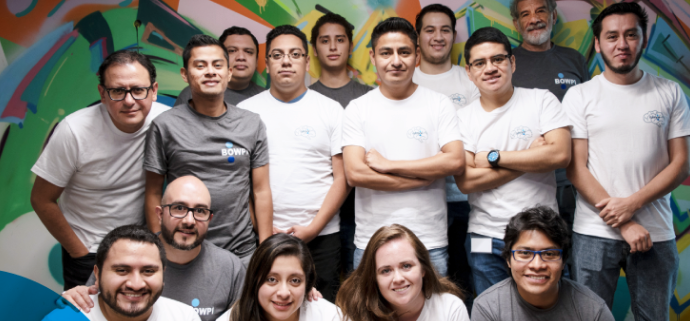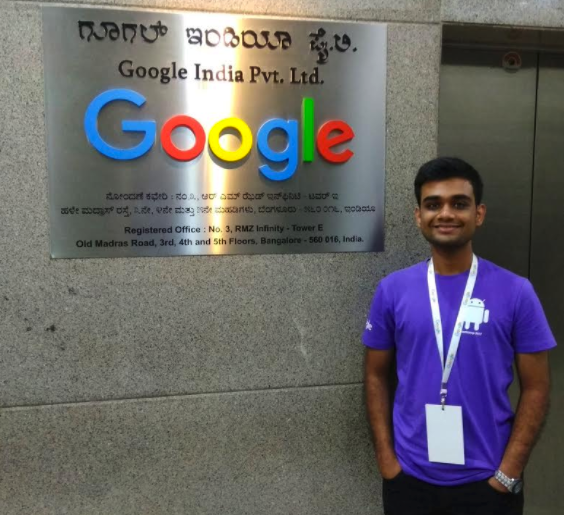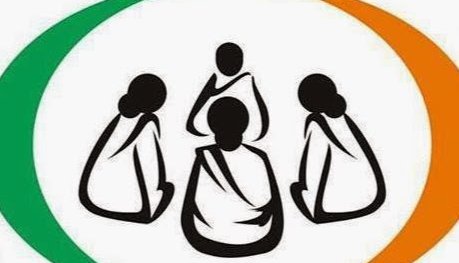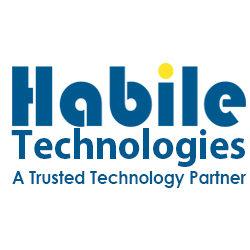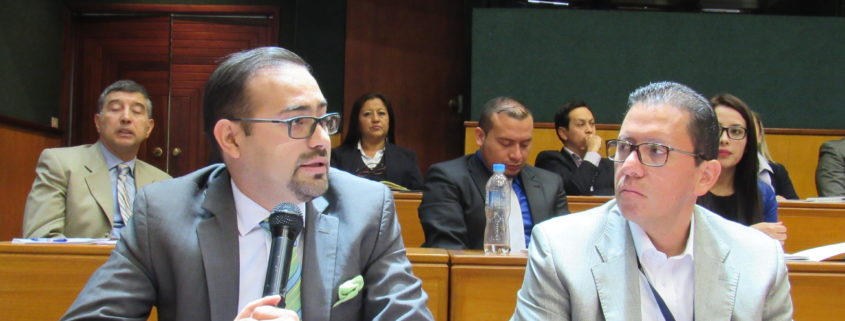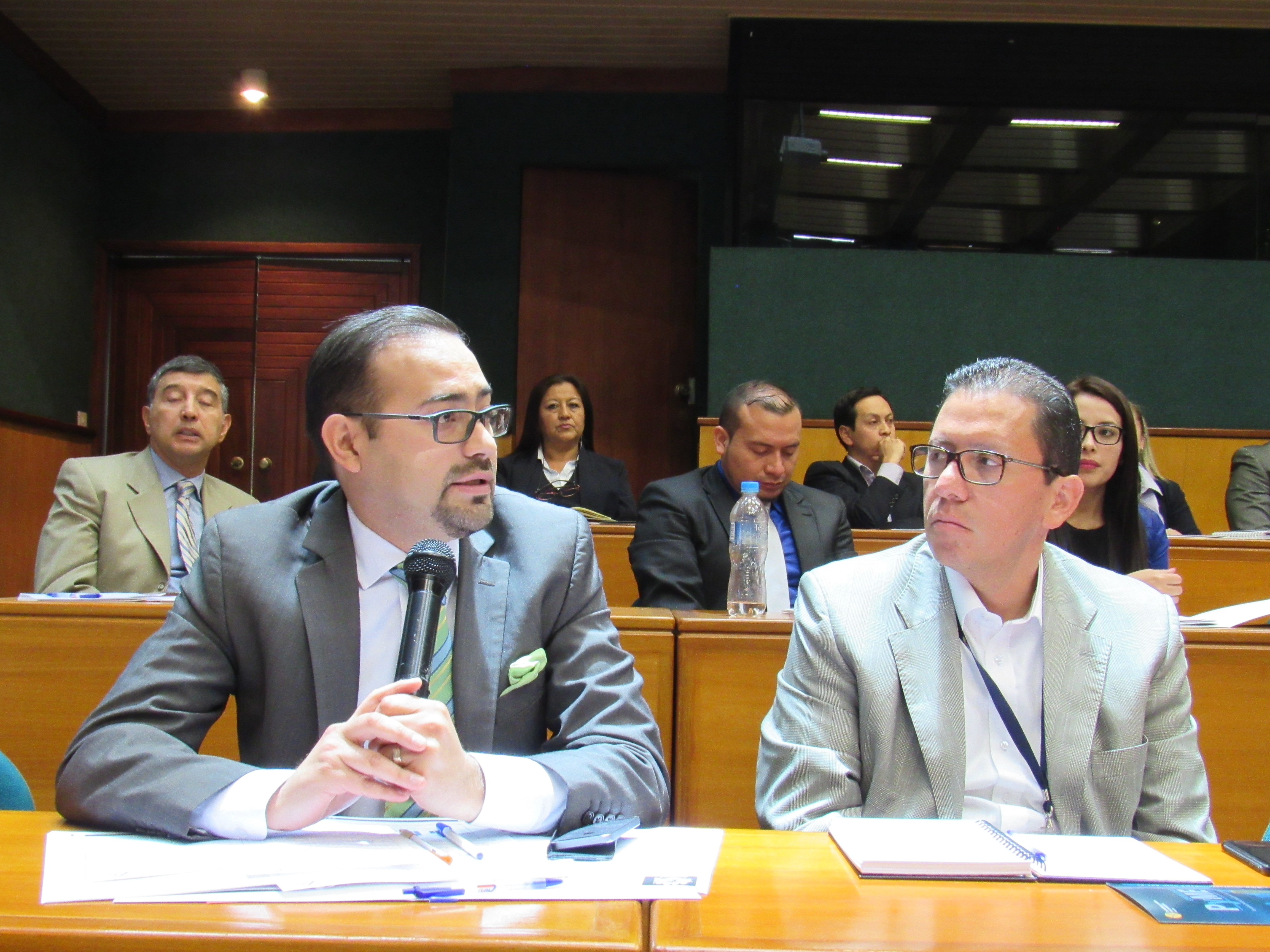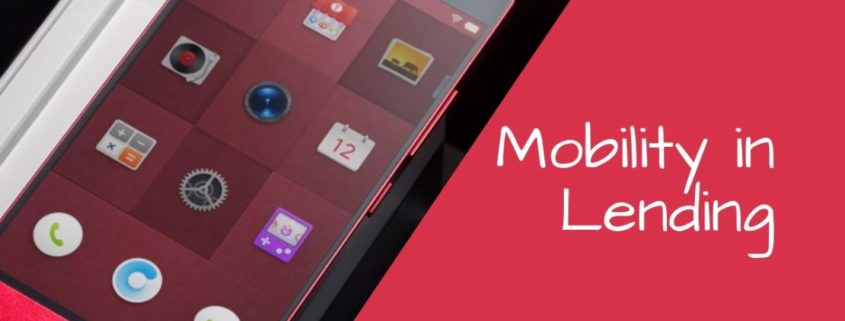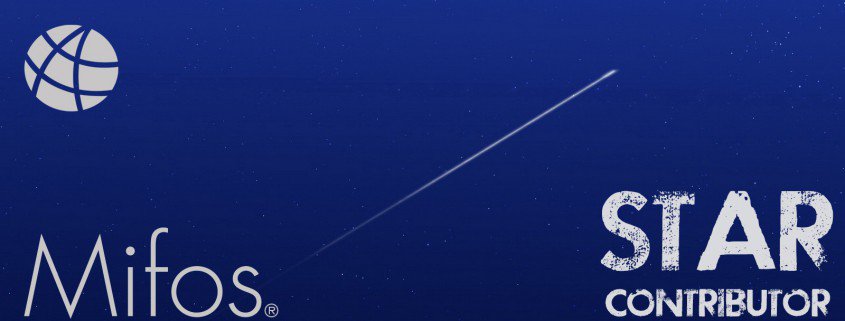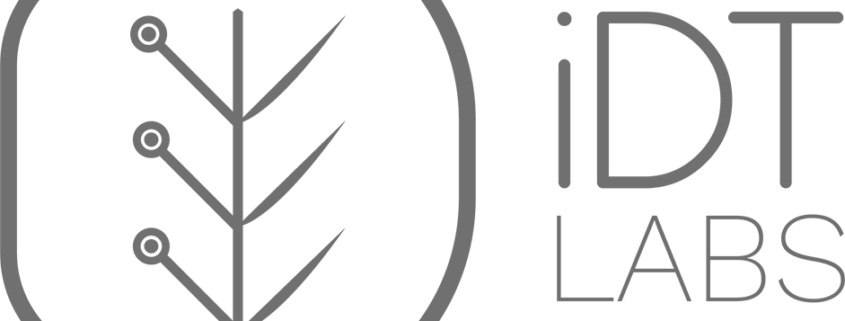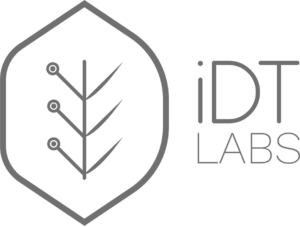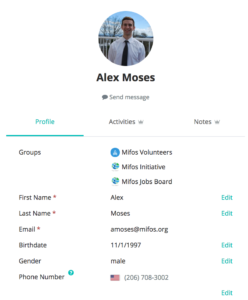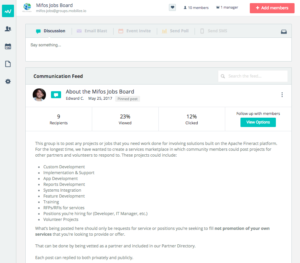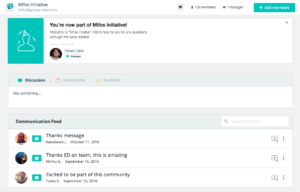Partner Spotlight – BOWPI
In this month’s Partner Spotlight we are featuring BOWPI from Guatemala. BOWPI joined the Mifos team in July 2017, and quickly began contributing to the community. They are one of the up-and-coming partners from Latin America that have recently joined our community. As a fintech company leveraging cutting-edge technologies machine learning and artificial intelligence, they are emblematic of this next generation of Mifos partners that is carrying our torch forward. Already the BOWPI team has been active on the mailing lists and made several enhancements to the core platform they’ll be contributing back to the community. Join us in welcoming them!
This regular blog series will shine the light on some of our top Partners. Not only do we want to recognize them for their accomplishments, we want others to learn from the approach they’ve taken to promote and implement Mifos.
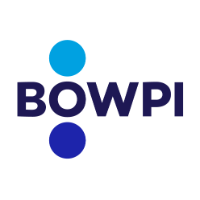
Mifos Partners are one of the most crucial links in our community – they are the driving force that is promoting and supporting Mifos worldwide. Aside from championing our product and bringing the Mifos technology to new markets, they act as the fundamental bridge feeding in MFI requirements to be developed by the community. Partners don’t stop there as many are also developing and localizing the product to fit their local market. For all these reasons, we focus our full energy on making Partners successful – they are the primary channel to market, the eyes and ears on the ground, and the entrepreneurial force that will help us sustainably scale. We’d love to recognize your partner organization in this monthly spotlight so please reach out if you’d like to be featured.

